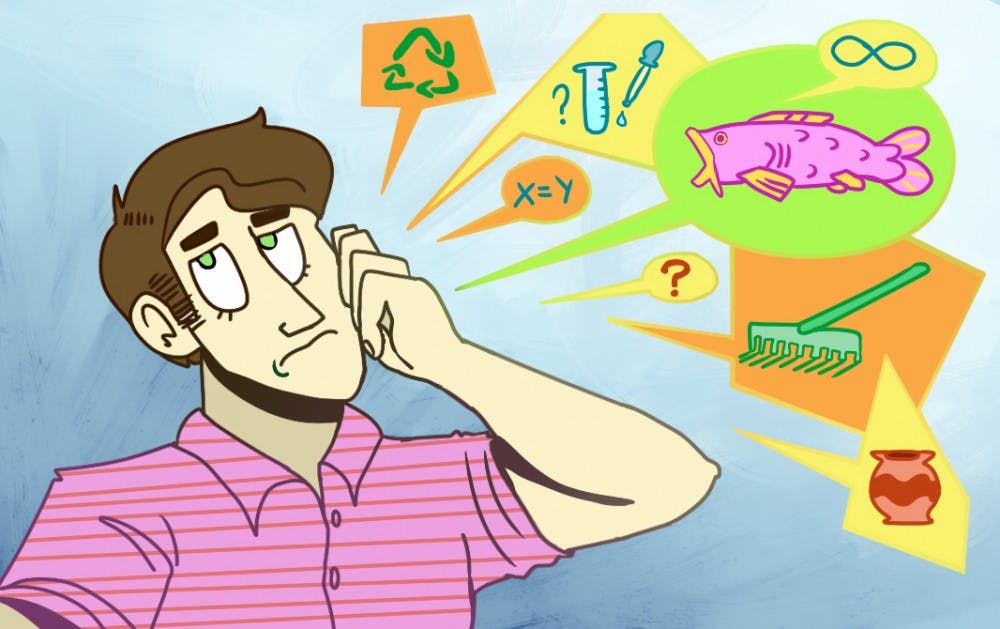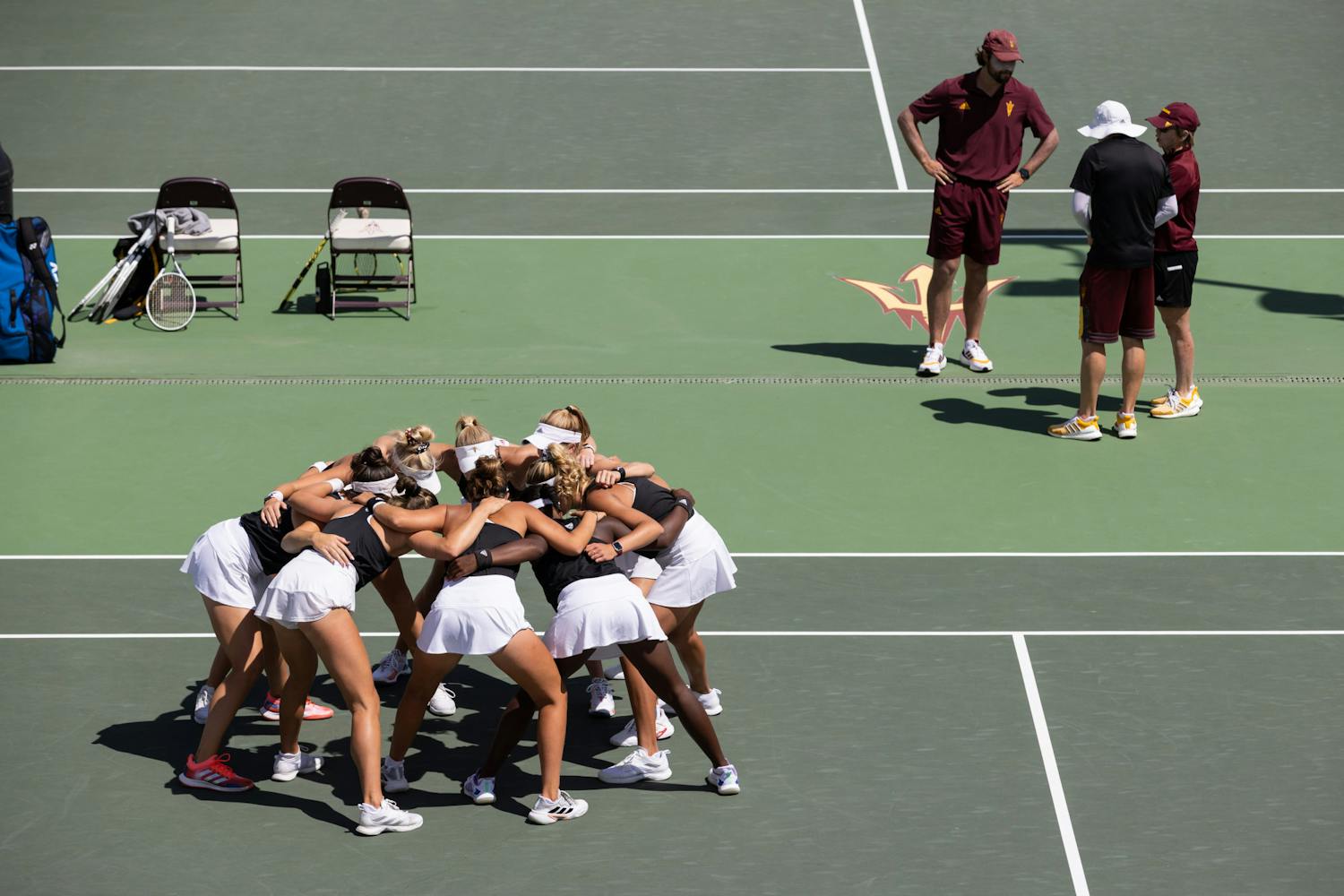Students come in to university fresh faced, starry eyed and ready to take on the world. However, it’s the first step in that process, choosing a major, that they seem to stumble over. More often than not, this problem usually results in a student picking a general major, to just “try it out."
What students might not consider, however, is just how expensive their "trial major" is. On average, a typical ASU students’ base tuition for in-state W.P. Carey students totals at about $11,842 for a year, not including room and board.
ASU provides a tuition calculator that allows students to calculate totals by a semester or yearly basis, so if additional time is factored in, that ideal number of about $47,000 dollars in just tuition for all four years has shot up. Now if you consider out-of-state costs, those numbers more than double to almost $114,000 for an entire undergraduate career.
Not only is cost a huge factor in racking up debt, but you also want to graduate on time. That four-year timeline that students intend to graduate may increase with a change in major.
Students should apply to the exploratory program offered at ASU to avoid racking up the extra tuition, and not waste any of their time trying to figure out what to do. Rather than simply choosing a random major, this program allow students ample time to explore a wide variety of major and career choices.
As a former exploratory student myself, the program played a key role in making a decision for my major and keeping it.
Janelle Kappes, a major and career exploration lecturer at the College of Integrative Sciences and Arts, said some students have misconceptions about the exploratory program, including that exploratory majors have no idea what they want to do at all.
“I think the biggest misconception is that you’ll get behind, or that you will somehow lose out on credits, or have to be here longer," Kappes said.
Kappes said exploratory classes are only one credit each, meaning students do not have the capability to fall behind.
“While you’re taking those classes, you are also taking your core requirements, your general education requirements for the university, and so you’re staying on track," Kappes said.
Having these classes only count for one credit allows students to stay on track by fulfilling their first few semesters of general requirements while having the time to explore a few options of what they might like to do. This not only saves students money, but also time.
Kappes said the most helpful part of the exploratory major is UNI 150, a major and career exploration class which she says helps "(dispel) all the myths that students have, like the idea that you are going to do one career forever."
"I think a lot of students come in with the outlook 'I can't decide, because I'm going to do one thing forever'," Kappes said. "It breaks down the barriers and misconceptions that students find themselves struggling against."
Students should consider the benefits of applying to the Exploratory Program to help discover their passion.
Most students come in with a few ideas of what they want to do but are unsure of which path to take. With the help of this program, it is easier than ever to discover your future.
Reach the reporter at dkodonne@asu.edu or follow @Devynnodonnell on Twitter.
Editor’s note: The opinions presented in this column are the authors’ and do not imply any endorsement from The State Press or its editors.
Want to join the conversation? Send an email to opiniondesk.statepress@gmail.com. Keep letters under 500 words and be sure to include your university affiliation. Anonymity will not be granted.
Like The State Press on Facebook and follow @statepress on Twitter.




